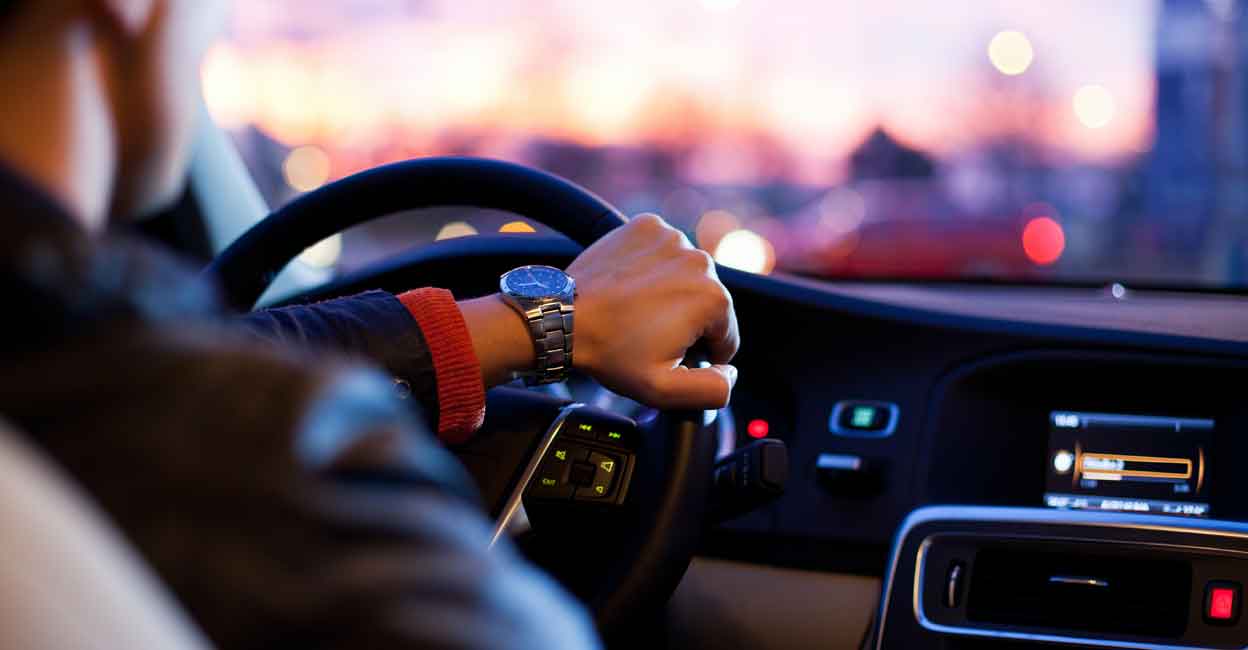
All vehicles registered in the UK are subject to Vehicle Excise Duty (VED), also known as car tax or road tax. Car tax must be paid on all UK registered vehicles driven on or kept on a public road.
The amount of car tax you have to pay, however, will vary depending on the model of your car, its emissions and when it was first registered. Some vehicles might qualify for road tax exemptions, but owners have to apply for these. Make sure you change your driving licence address if you move to a new home or buy a new car, as it will help you pay the right tax amount.
So, whether you have a car, a motorbike or even a truck, it’s important that you are equipped with all the essential knowledge of car tax in the UK.
Table of Contents
How Much is Car Tax?
When it comes to how much you have to pay to tax your car, there is a key date to bear in mind – 1st April 2017.
Any vehicle registered after 1st March 2001 and before 1st April 2017 is subject to the old car tax rules . According to the old tax rules, all cars were placed in a lettered band, based on their carbon dioxide emission levels.
Cars in band A emit less than 100g/km, and pay no car tax, while at the other end of the scale, cars in band M emit over 255g/km and pay £1,120 in the first year of ownership and then £600 the year after that.
These road tax rates then increase each year by the retail price index (RPI) measurement of inflation. To find out exactly how much car tax you should be paying, you can use your V5C reference number on the government website.
The historic or classical vehicles are exempt from paying tax from 1st of April 2022- you can find more information on the Government’s website.
Alternatively, if your car was registered after 1st April 2017, your payments will differ slightly. Now, vehicles that emit no carbon dioxide at all are tax free.
Owners of all other vehicles must pay a first-year car tax rate which is based on the vehicle’s emission levels. These range from £10 for those that emit very little all the way up to £2,245 for those with the highest emission levels.
If you have a diesel car that doesn’t meet the Real Driving Emissions 2 (RDE2) standard for nitrogen oxide emissions, you’ll have to pay a higher car tax rate. However, you don’t need to worry about this if you’re purchasing a brand new car – since January 2021, all new cars have to be compliant with the standard. If you do own an older car and aren’t sure whether it’s compliant or not, you should ask the manufacturer.
From the second year onwards, all petrol and diesel vehicles have a flat rate of £155, no matter what the emission levels are.
As with the first-year payment, fully electric cars that emit no carbon dioxide are totally tax free, while ‘alternative’ cars (hybrids, bioethanol and liquid petroleum gas) cost £145 to tax for 12 months.
You should also note that there’s an additional cost if you have an expensive car. If your vehicle costs more than £40,000, you will have to pay an extra £335 charge each year for five years. Again, you don’t have to worry about this if you own a zero-emission vehicle.
What is a Car’s Registration Date?
Given that the price of your vehicle tax largely depends on when your car was registered, it’s important to know what your car’s registration date is.
The registration date for your car is the date it was first allocated to an owner in the UK. This date doesn’t change as the car moves between owners and a DVLA change of address is done.

You should be able to find your car’s registration date on your V5C registration document. Or, you can simply visit the DVLA website and enter your registration.
How Do I Pay My Road Tax?
There are a number of options when it comes to paying your road tax. You can spread the cost of car tax by paying months, six-monthly or via annual Direct Debit.
You can set up a Direct Debit when you tax your vehicle online or at the post office. You don’t need to be the vehicle’s registered owner to set up the Direct Debit.
What Happens If You Don’t Tax Your Car?
The DVLA doesn’t have to spot an untaxed vehicle on the road to take action. Any vehicle seen on the road that isn’t taxed risks being clamped or impounded by one of the DVLA’s enforcement teams.
The DVLA will send you a reminder when your vehicle tax is due, including all the information you need to complete your road tax online.
If you don’t follow up on this reminder and fail to pay your tax on time, the DVLA will send you a late licensing penalty letter. This will be an initial fee of £80, but will be reduced to £40 if paid within 28 days.
If you don’t pay the penalty, your information will be sent to a debt collector to recover the payment. You may also be at risk of prosecution through court if you use an untaxed vehicle.
The DVLA also has a range of other actions to prevent vehicle tax evasion. These vary from reminder letters, penalties and court prosecutions through to the use of ANPR cameras, wheel clamping and the removal of unlicensed vehicles.
When buying a new car, you need to update your driving licence but you also need to remember to tax the car before driving it away, as there is no grace period. You can tax a new car online or by calling the DVLA. Ensure you have the vehicle logbook or new keeper slip handy so you can obtain the vehicle’s unique reference number.
As well as remembering to pay your car tax, it is essential that you keep all your details up to date with the DVLA. For example, if you move house, you will need to complete your DVLA change of address or risk being fined for having the incorrect information registered. Having an updated drivers licence is essential when paying the car tax.
What Happens to the Road Tax When I Sell the Car?
Car tax doesn’t change when the car is sold. If you’re selling your car, you can claim a refund for any full months that are left over. This refund should be issued automatically when you return the relevant documents to the DVLA after the sale.







